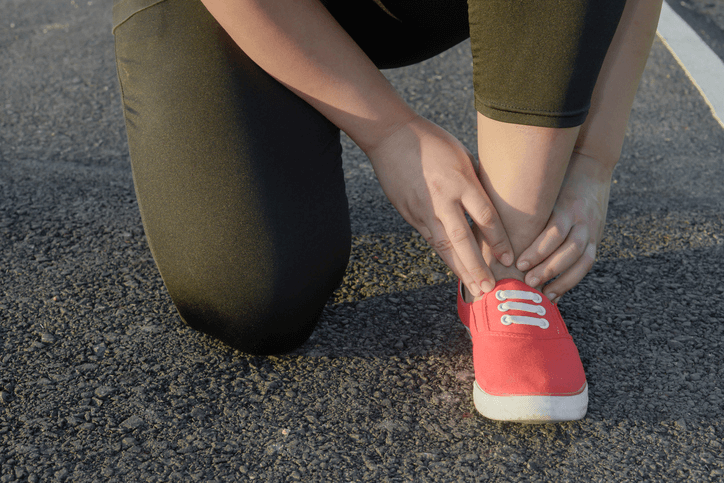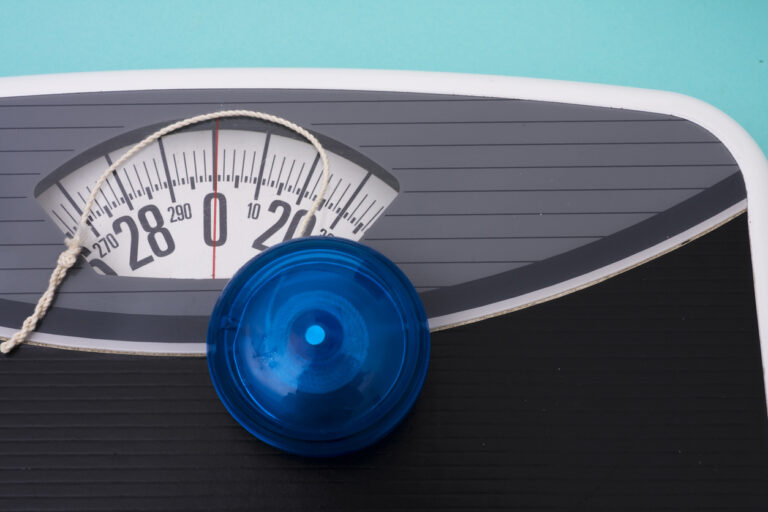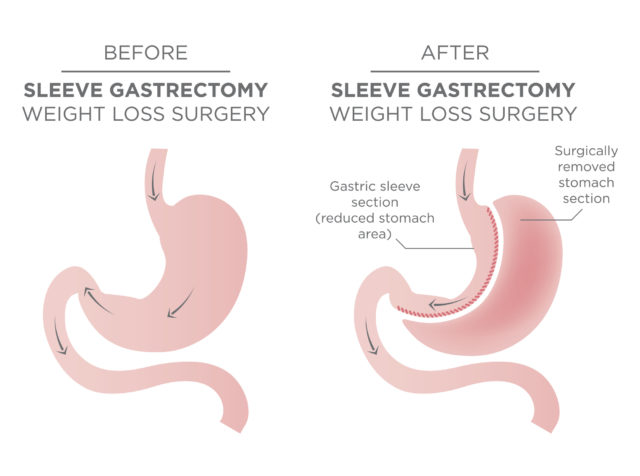Gout and Obesity
Obesity increases the risk of many different diseases and health issues, and gout can be included in that list. For over a century, the medical community has known about the connection between gout and cardiovascular disease, and the relationship between gout and obesity is just as compelling.
What is Gout?
Gout, which is a form of arthritis, is a painful excess of uric acid that crystallizes around joints. Carrying excess weight prevents the body from efficiently removing that uric acid. Overweight individuals produce more insulin, and this excess insulin greatly inhibits the ability of the kidneys to remove uric acid.
Symptoms of Gout
Symptoms of gout include intense pain, swelling, and increased tenderness in the joints. In acute cases, gout can be treated by over-the-counter anti-inflammatory medications, such as Ibuprofen.
If not addressed, gout can become a chronic affliction, potentially causing permanent damage to joints, including bone and cartilage loss, and even disfigurement.
Losing weight is the best way to reduce the risk of gout, or prevent a recurrence in those who have already had it. Some people of normal weight are afflicted with gout, as well. They can prevent flare-ups by reducing consumption of the following foods and drinks:
- red meat,
- seafood,
- beer & liquor, and
- sugar-sweetened items, especially those with high fructose corn syrup.
Most Effective Weight Loss Method for Preventing Gout
The Swedish Obese Subjects study, published in 2016, assessed the long-term effect of bariatric surgery related to the incidence of gout. It found that bariatric surgery “is the most effective means of achieving substantial, sustained weight loss in obese subjects.” The study found that participants who had bariatric surgery had a lower incidence of gout than those who used other weight loss methods.
Bariatric Surgery for Weight Loss
Considered by medical professionals to be minimally invasive, bariatric surgery options include:
Gastric Bypass – by stapling the upper part of the stomach, a small pouch is created and attached directly to the small intestine. A large portion of the stomach is bypassed which reduces feelings of hunger and decreases the amount of food a patient can eat.
Gastric Sleeve – the stomach is surgically made smaller; therefore, the patient feels satisfied with smaller portions of food.
Gastric Band – an inflatable band is placed around the top part of the stomach, limiting food intake and allowing the patient to feel full sooner.
While there are many ways to lose weight, and break your link between obesity and gout, Dr. Malladi can help you determine if bariatric surgery is the best weight loss choice for you.







